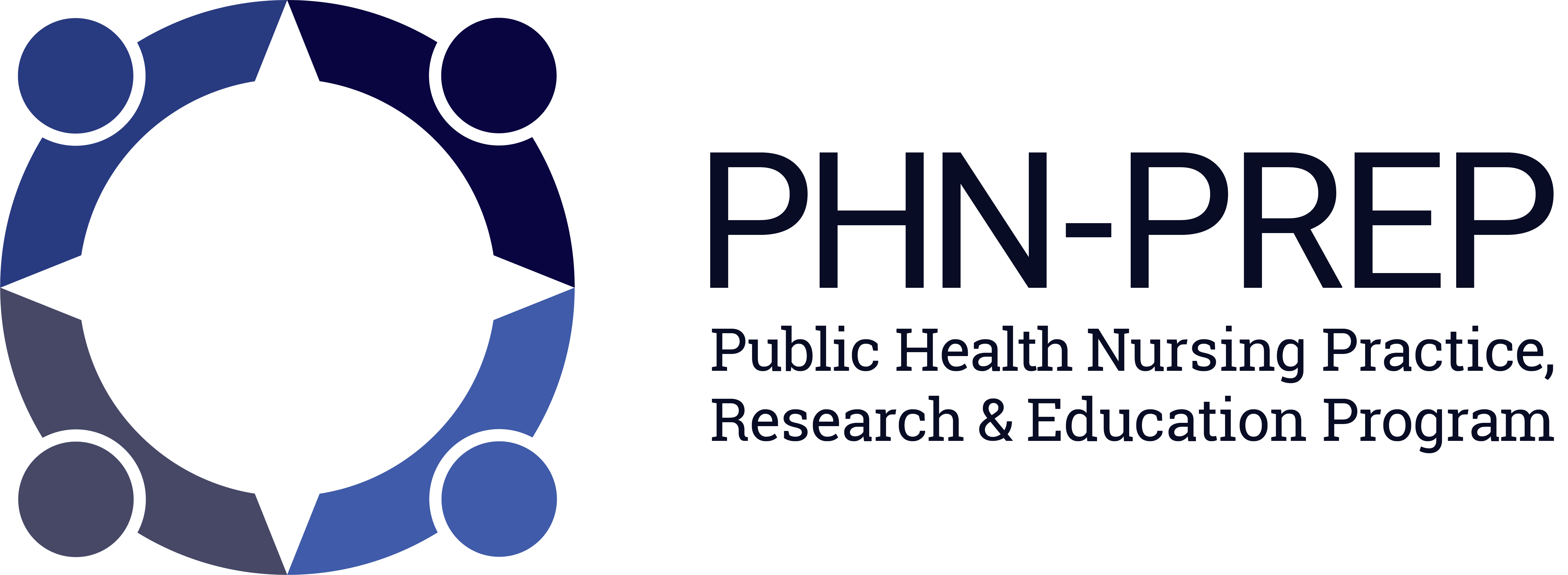Promoting and supporting sleep health in families of infants
This is an archive of a past event.
Sleep health during early childhood is important for infants, their parents and caregivers, and families. Although parental concerns about sleep are common and there is no shortage of information (or opinions!) about sleep, many community-based care providers are uncertain about how to support families with sleep concerns. Since sleep during infancy is related to individual and family well-being, functioning, and development, it is important to assess sleep health within a broader family context. Similarly, strategies to support parents and families who are concerned about their infant’s sleep should be recommended based on a family’s priorities, capacities, and unique contexts. Recommendations for additional resources that may be appropriate for public health nurses and family home visitors to use to advance their knowledge and practice will be provided.
By the end of this event, participants will be able to:
- Understand the reciprocal influences between sleep, infant and parental mental health, and child and family development.
- Consider key components and strategies for comprehensively assessing sleep health in families of infants.
- Describe a family-centered approach for supporting families to address concerns about infant sleep.
- Identify appropriate resources to enhance and advance their knowledge and practice about sleep health in families.
Presenter(s)
Dr. El izabeth Keys is a registered nurse and Assistant Professor in the School of Nursing, Faculty of Health and Social Development at The University of British Columbia Okanagan campus. She is a Michael Smith Health Research BC Scholar (2023 – 2028) and holds adjunct positions in the School of Nursing, Dalhousie University and the Faculty of Nursing, University of Calgary. Her clinical background is in school, community, and public health nursing. The goal of her research is to promote and maintain infant and parental mental health by supporting parent-child interactions and sleep health using innovative models of care, such as eHealth.
izabeth Keys is a registered nurse and Assistant Professor in the School of Nursing, Faculty of Health and Social Development at The University of British Columbia Okanagan campus. She is a Michael Smith Health Research BC Scholar (2023 – 2028) and holds adjunct positions in the School of Nursing, Dalhousie University and the Faculty of Nursing, University of Calgary. Her clinical background is in school, community, and public health nursing. The goal of her research is to promote and maintain infant and parental mental health by supporting parent-child interactions and sleep health using innovative models of care, such as eHealth.

